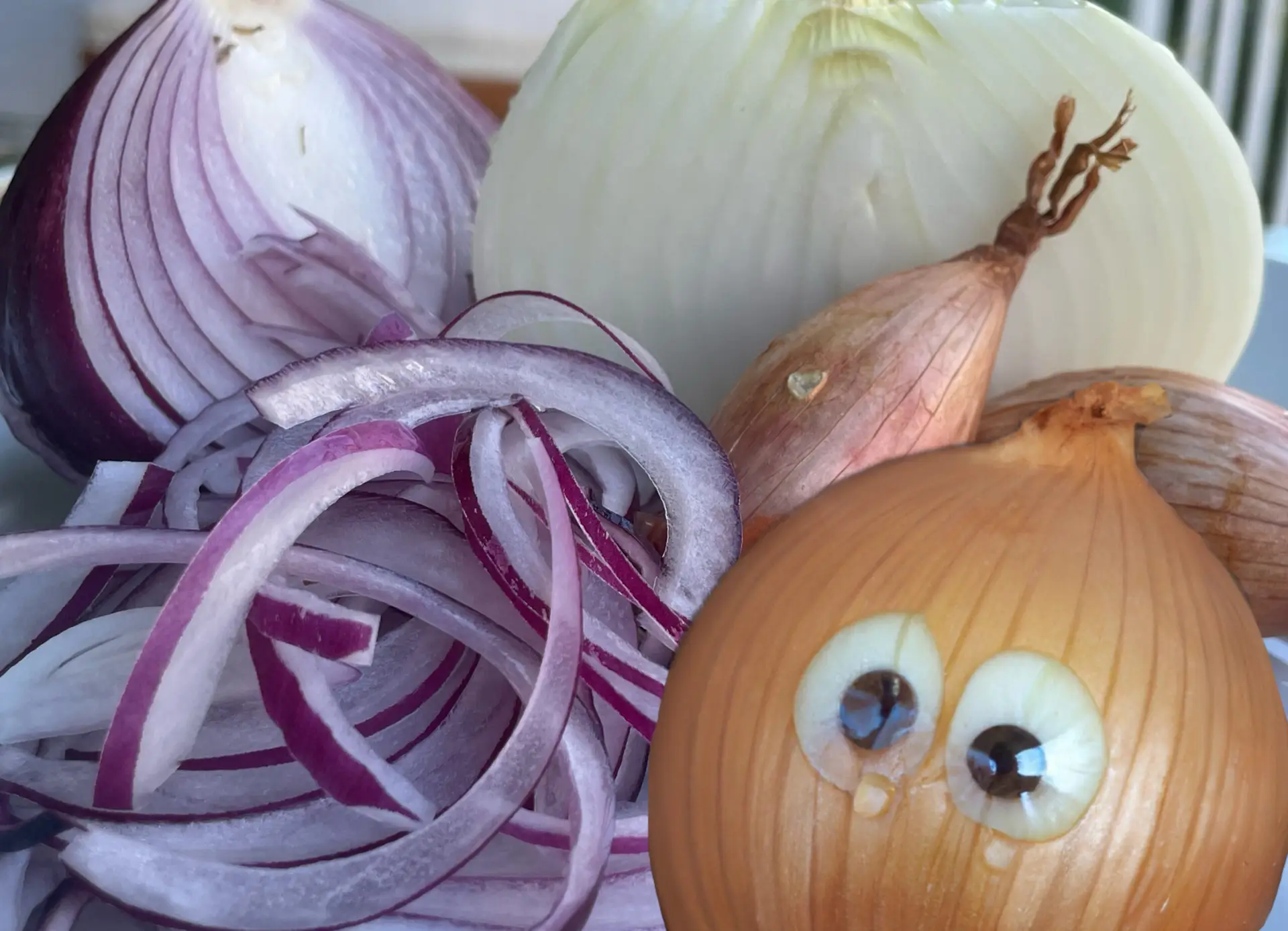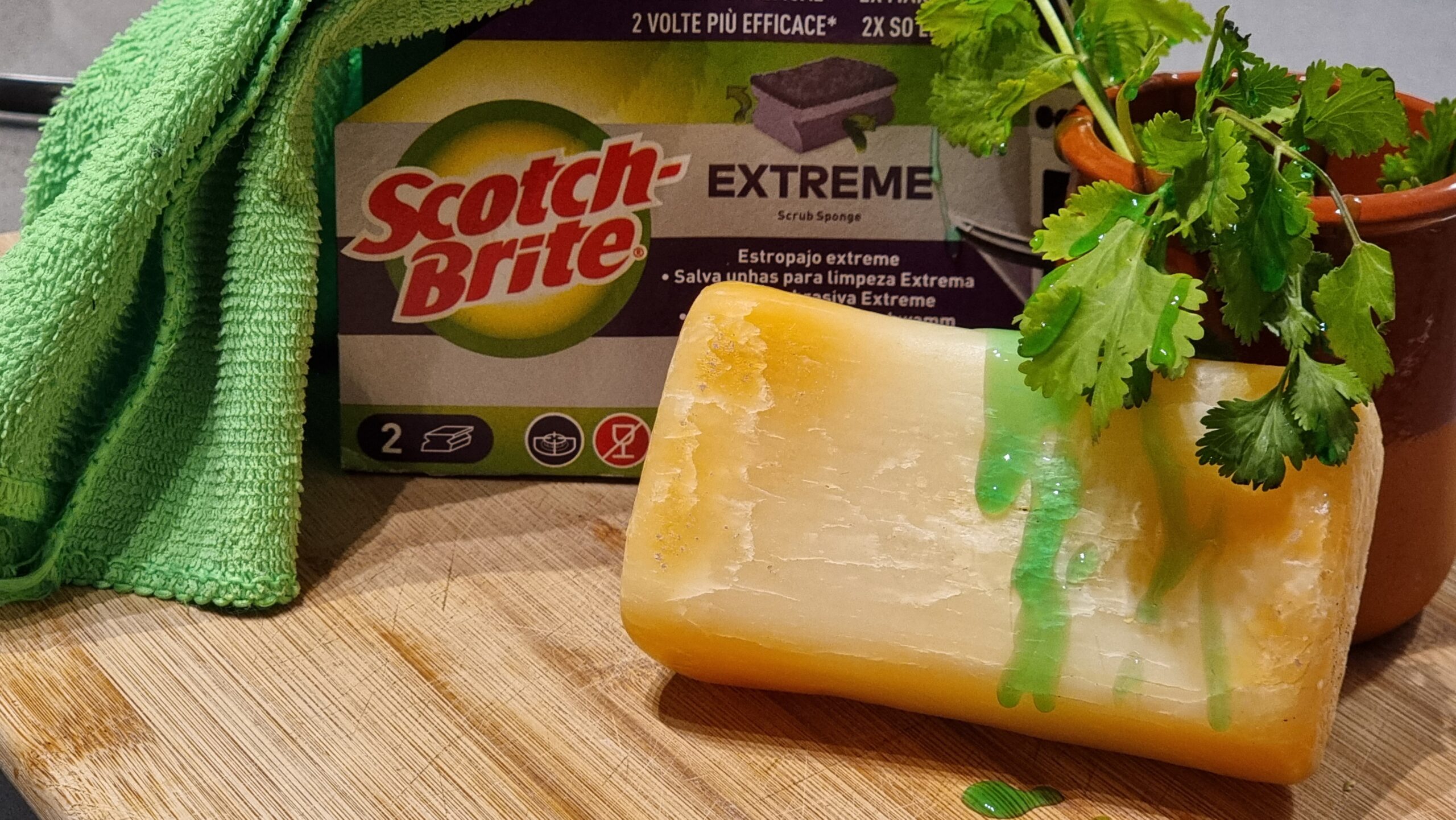Why oil cooks slower than water?
It just blows our common sense to think that water could cook faster than oil at any level. But when at the same temperatures it’s physically true that water does cook stuff faster than oil. But isn’t the time required to cook stuff dependent on the temperature? Yes, but more on the rate of heat exchange.
We already know that heat is different from temperature and other forms of energy, discussed here. But it’s also important to understand why and how heat is different from temperature. The temperature of a substance is the average of the kinetic energy of all the particles it contains and as it is the average of all the molecules it does not depend on the total number of molecules present. Whereas, heat is the sum of the kinetic energy of all the particles of the substance and hence is a function of the number of molecules. Heat is a form of energy and temperature is a measurement of the degree of hotness of a substance. The kinetic energy (k) is defined as the energy of motion and is equal to half of the mass (m) of a molecule times the square of its velocity (v) i.e. k=½mv². Therefore the kinetic energy of a molecule is dependent on both its mass and its velocity but is more dependent on the velocity just because v² will be much larger than m. So in simple terms, the temperature is defined to be the average speed of molecules of a substance. To put this into perspective, here’s an example, a red hot nail is much hotter than a large bowl of soup but the soup has more heat than the nail. Because the number of molecules that make up the soup is much much higher than those that make up that tiny nail.
Differentiating between heat and temperature is of utmost importance in understanding cooking science (a beautiful illustration by cooks at Cooks Illustrated is here). They heated two pans with equal amounts of water and oil to the same temperature and put eggs in them, as can be seen in the photos the egg in the water starts to coagulate and turn white whereas the one in the oil is still raw and almost transparent. It is because it takes more energy to heat a certain amount of water to a temperature than it does oil. There is a concept called heat capacity of a substance, which is a measure of the amount of energy required to raise the temperature of a substance by 1°C. And as it turns out heat capacity of oil (Olive Oil – 1.97 J/g°C) is almost half of that of water (4.186 J/g°C).
At a higher heat capacity, it is understood that the average speed of molecules of a substance will be higher than that of a lower heat capacity one. Now these jiggling molecules, carrying kinetic energy, will have a higher chance of colliding with the stuff put into it. That’s why in the experiment discussed above the egg in the water cooked faster because water molecules collided with the egg molecules and transferred their energy to the egg and hence cooking them. And on the other side, the oil molecules’ energy wasn’t enough to do so because the heat transferred by them was low and didn’t reach the cooking threshold energy of egg molecules.
Here’s a Bar Bet: “I can put my hand in oil @ 60°C but you can’t do so with water”.






